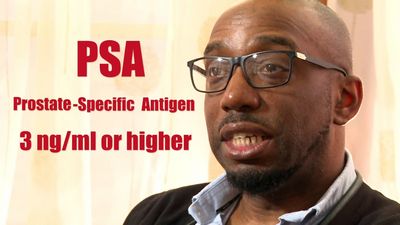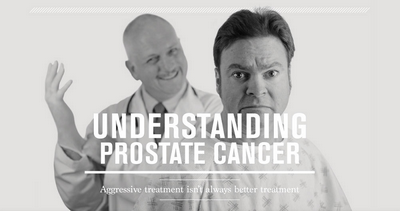If you have recently discovered that you have an abnormal lump or growth in your anal area, you are probably concerned about its potential health risks.

Many times anal cancer does not cause any symptoms. Sometimes, however, the growth is detected during a routine examination. However, some people with anal cancer do not have any noticeable signs or symptoms. And if it is detected at the time of a routine physical, then the symptoms can be treated earlier than if the symptoms were discovered later.
Most cases of anal cancer symptoms include bleeding of the anal area. This is a common feature among patients diagnosed with anal gland cancer, although bleeding of this nature may be seen in other situations as well. There are two kinds of bleeding: internal and external. Internal bleeding can be associated with anemia due to vitamin deficiencies. The external type is generally accompanied by itching and burning. However, there is no pain felt during the bleeding stage and there is no need to seek medical treatment.
Some patients with anal gland cancer may develop symptoms that include fever, chills, vomiting and abdominal pain.

These symptoms often accompany anemia and can be indicative of lymphadenopathy. This is an uncommon condition but can sometimes produce very serious consequences. In most cases, however, the body’s immune system responds quickly to a foreign substance. When this doesn’t occur, the body takes steps to eliminate it. For most people who develop lymphadenopathy, however, the body is too slow to respond and sometimes results in serious and often life-threatening complications.
There are many possible treatments for anal gland cancer. The most effective treatment involves surgery. Surgical procedures that may be used in conjunction with radiation therapy are also viable. If radiation therapy is performed first and surgery is performed second, a third course of treatment is sometimes prescribed.
Chemotherapy can be used for treating anal gland cancer. This procedure involves using an agent to kill cancer cells that have already developed in the tissues of the anal area.

It is most effective when used after surgery has been performed and the affected area has healed. The most common type of chemotherapy used in patients with anal gland cancer is known as adenocarcinoma-like agents, which includes a type of salicylate that attacks the cancer cells by breaking down the polysaccharide chains that make up the cell. Salicylates have a narrow therapeutic window of action.
Another procedure called laparoscopy is often used. This is also known as an endoscopic surgery and is done through an incision in the anal opening. The surgeon makes a small incision at the top of the anal opening, where the cancer is located and then a laser is used to kill cancer cells and remove them from the body.
Surgery can also be used to treat tumors that are found outside the anal opening. These tumors can include those that are not responding to chemotherapy or to cancers that have spread to the lymph nodes or the bones of the pelvic region.
Some of these procedures are done using traditional surgery, while others are done using laparoscopic surgery. The procedure is not without its risks, so it is important to discuss your concerns with your doctor to decide whether a laparoscopic approach would be a good option for you.
Other treatment options that are sometimes recommended include surgery, radiation therapy and the use of chemotherapy drugs to treat the cancer. The most common medications used are anti-cancer medications that attack the tumor by binding to it.
More people are trying natural approaches in order to treat their cancer as well. Natural therapies have long been recognized as a powerful way to heal cancers and a combination of herbal and dietary supplements has become increasingly popular.
As with all cancers, the symptoms of prostate cancer in men are very similar to those of anal gland cancer. Many of the symptoms are similar to the early stages of prostate cancer, but they may also include symptoms such as bleeding or pain during intercourse, especially when urinating, and sometimes even the formation of a lump in the anal area.